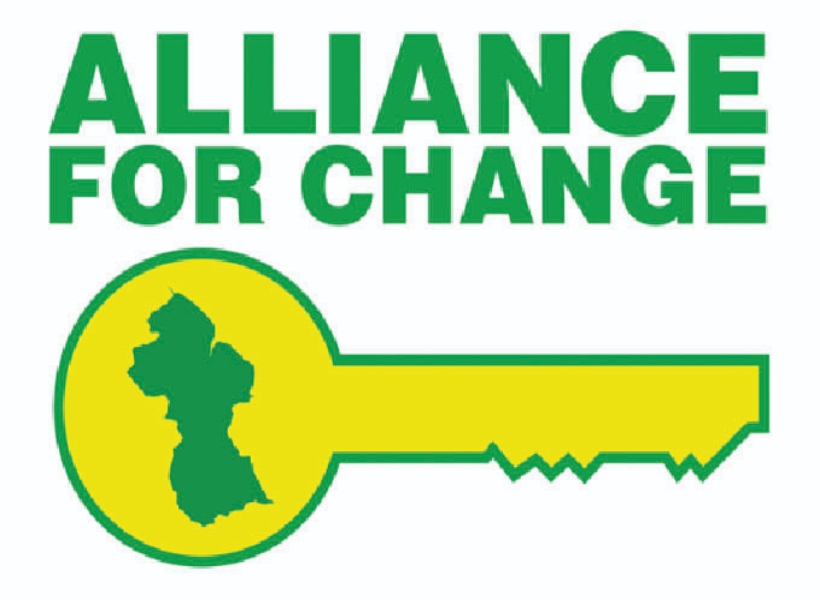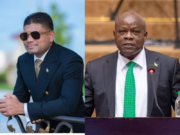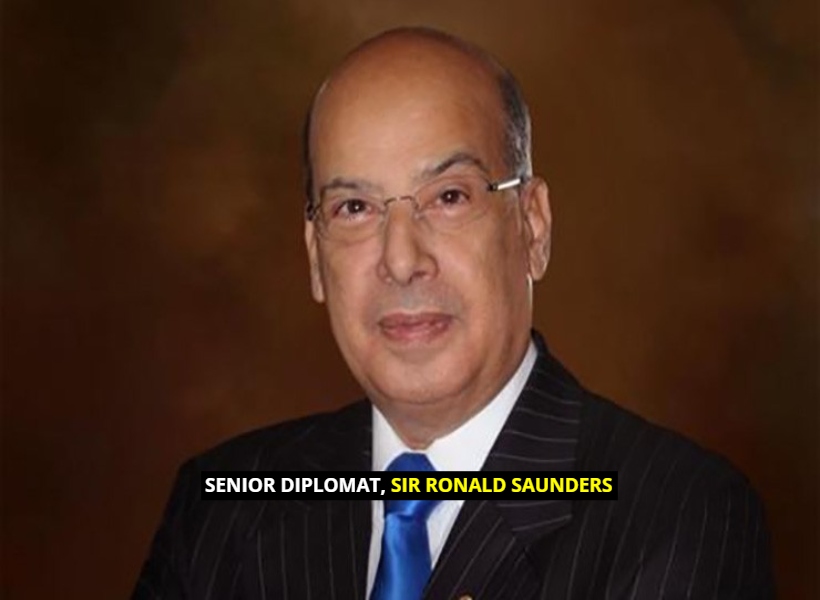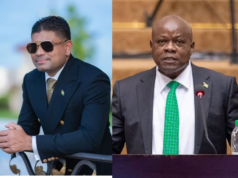On March 26, the world’s richest nations which make up the G20 Group, pledged to work swiftly and decisively with the front-line international organizations, notably the World Health Organization (WHO), the International Monetary Fund (IMF), the World Bank Group, and multilateral and regional development banks, to respond to the devastating effects that COVID-19 is having on the global economy, and particularly small and vulnerable states.
But in spite of making this commitment, there is a marked absence of international consultation and global solidarity says Sir Ronald Sanders, Ambassador of Antigua and Barbuda to the United States and the Organization of American States (OAS). Instead of doing what it pledged, Sir Ronald said that wealthy nations have retreated into nationalism, protectionism, and isolationism.
Elaborating further in his recent writings, the envoy said that the United States (US) which should be the leader of global action, has been prominent in this type of inaction. Preoccupied with presidential elections in November and the rising number of deaths and the declining performance of the economy, the Ambassador said that the US government, and the Congress are both focused on “America first”.
Sir Ronald said, “No one can blame them for attention to their country’s needs, but the adverse effects of COVID-19 cannot be surmounted by ‘America only’. The US relies on the rest of the world to be a vibrant market for its goods and services.” The official said that when the economies of these countries contract and their earnings decline, their capacity to buy from the US shrinks and so do their imports of US goods and services that maintain US employment and revenues.
Sir Sanders was also keen to point out that apart from a statement on April 7, last, that the US had mobilized “US$6 million to provide test kits to Barbados and more than 60 other countries to fight the spread of COVID-19” – about US$10,000 per county – there has been no announcement by the US government of any initiative to provide funds that would help developing countries, especially those in its immediate neighbourhood, to cope with the grave blows to their economies. Sir Sanders said it must be hoped that this is a delay and not a decision.
Similarly, Sir Ronald noted that on April 8, last, the European Union (EU) announced that €918 million will be allocated to support our partners in Latin America and the Caribbean but he said that no details have been given of who will be the beneficiaries and on what basis.
Also, on April 3, the Ambassador noted that the EU announced a grant of US$8.6 million to help the Caribbean fight the coronavirus outbreak. Sir Ronald said that roughly, that sum works out to US$57,000 each for 15 countries, while these countries have had to spend tens of millions. On this premise, Sir Ronald said that the EU failed to mobilize a plan for its own membership. Instead, he said that member countries of the Community unilaterally imposed restrictions on each other, stopping transport links without coordination. He said that basically, every country withdrew into its own cocoon.
Notwithstanding its medical supplies to some countries, Sir Ronald said that China, too, has announced no proposals for a Fund of its own to help vulnerable developing countries to cope with the economic battering they are enduring.
In this regard, he stressed that China’s response has not matched its economic and financial capacity. He noted however that it has the opportunity now to provide global leadership. The Ambassador also said that there has never been any better or important time for China to give meaning to its often-stated commitment to South-South co-operation.
He believes that the country has a real chance to bolster its standing as well as to protect its loan investments in many of the affected countries while noting that the rest of the world should be vocal in holding the G20 countries to their word.









